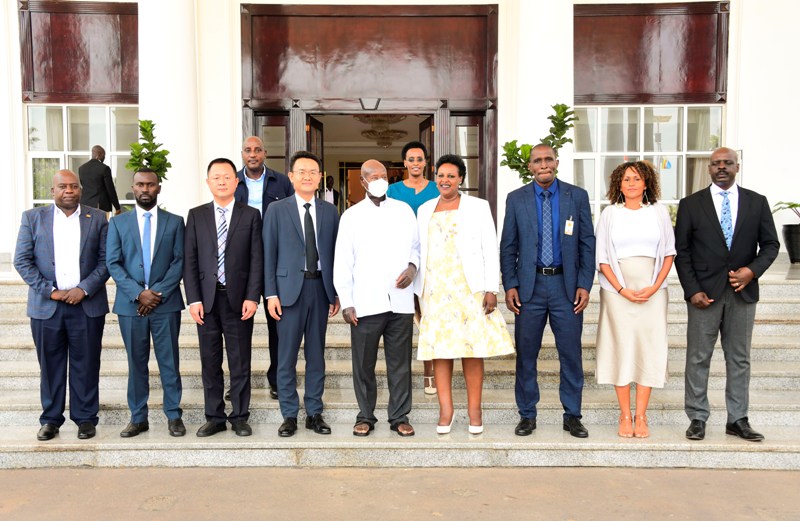Uganda sets out to decode jobs puzzle with labour market survey
The survey targets households and actors in both the formal and informal sectors, aiming to uncover the realities of employment, skills availability, job demand, and workforce gaps across the nation.

As Uganda’s economy evolves in the face of technological change, a growing population, and global labour disruptions, a major question hangs in the air: Where do Uganda’s workers stand today, and where are they headed tomorrow?
To answer that question, the Uganda Bureau of Statistics (UBOS), in collaboration with the Ministry of Gender, Labour and Social Development, has rolled out a nationwide Labour Market Survey, an ambitious effort to collect detailed data on the state of work in Uganda.
From urban business hubs to rural homes, enumerators are knocking on doors, gathering vital statistics that could shape the country’s employment policies for years to come. The survey targets households and actors in both the formal and informal sectors, aiming to uncover the realities of employment, skills availability, job demand, and workforce gaps across the nation.
“The labour market is a living organism; it’s constantly changing,” says Dr. Sylvia Nabirye, a renowned labour economist at Makerere University. “To make informed decisions, we need fresh, accurate data. This survey will give us just that.”
What the Survey Seeks to Understand
According to UBOS, the Labour Market Survey is focused on three core areas:
- Monitoring Labour Market Trends – Understanding shifts in employment and unemployment, the rise of informal work, and the mobility of the workforce.
- Assessing Labour Demand – Identifying which sectors are hiring, which skills are most sought after, and what gaps exist between educations and market needs.
- Measuring Labour Market Efficiency – Evaluating how well Uganda’s labour market matches jobs to job seekers, and how quickly labour moves to where it’s most needed.
According to Dr. Nabirye, these insights are essential in addressing one of Uganda’s most pressing development challenges: youth unemployment. “Every year, we graduate thousands of young people from universities and vocational institutions. But many of them don’t find jobs, not because they are lazy, but because the market is not aligned with their skills,” she explains. “This survey will help bridge that gap.”
Why It Matters
Uganda has one of the youngest populations in the world, with over 75% of its people under the age of 30. While this presents immense potential for economic growth, it also creates pressure on the job market to absorb new entrants each year.
For Rose Nambasa, a 27-year-old graduate who has been running a small tailoring business in Wandegeya after years of job hunting, this survey brings hope. “Sometimes I wonder if anyone in government really sees us — the ones making ends meet in small ways,” she says. “I hope this survey helps them understand the struggles we face and how they can support us better.”
Dr. Nabirye agrees. “Policymakers need to know that the informal sector isn’t just a backup — it’s a major driver of employment in Uganda. But to improve it, we need data. Evidence-based interventions can strengthen business environments, improve access to finance, and offer targeted training.”
UBOS emphasizes that all data collected will be confidential and used solely for statistical and development purposes.
As the Labour Market Survey continues across Uganda, hopes are high that its findings will mark a turning point in how the country views and plans for its labour force. It’s not just about collecting data — it’s about listening to workers, entrepreneurs, job seekers, and employers and turning their experiences into actionable policies.







